


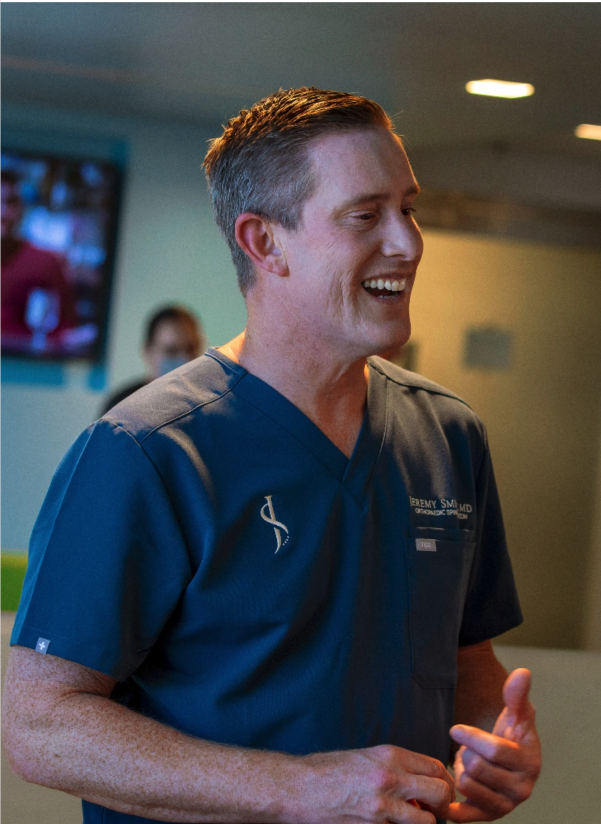
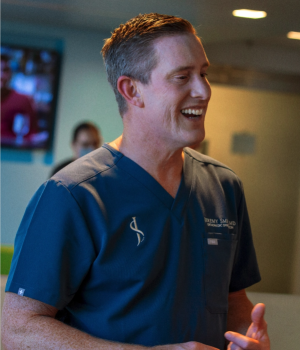
We look forward to your next visit with us at Dr. Jeremy Smith, MD. There are several resources on our site that will help you best prepare for your appointment, including a list of conditions we treat and a link to patient forms you may fill out ahead of time.

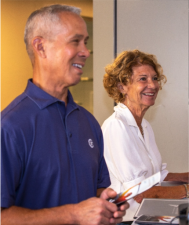
Your first visit to our office is your first step towards a healthier and pain-free future!
Please remember to bring your driver’s license or valid ID; insurance information; referral letter (if required); reports, X-rays, MRIs and/or CT scans on CD; all related medical records; and a list of current medications. Please call our office 24 hours ahead of an appointment, should you need to cancel, so we may offer that appointment to a patient on our waiting list.
Our goal at Jeremy Smith, M.D., is to make you feel as comfortable and prepared as possible. We want for you to have the answers you seek about the care you receive. When you first arrive our attentive staff will have you fill out a set of forms about your condition and have you answer a series of important questions.
Please be sure to bring copies of all your related medical paperwork – this may include other doctor assessments, a CD copy of MRIs, X-rays, or other imaging and corresponding summary reports, as well as all necessary health insurance information. Please also be sure to bring a list of all current medications with you as well.

Follow our step-by-step guide to best prepare your body and your mind for your upcoming surgery. You will learn what to expect, and how you can actively participate in the treatment plan for the best results afterwards.

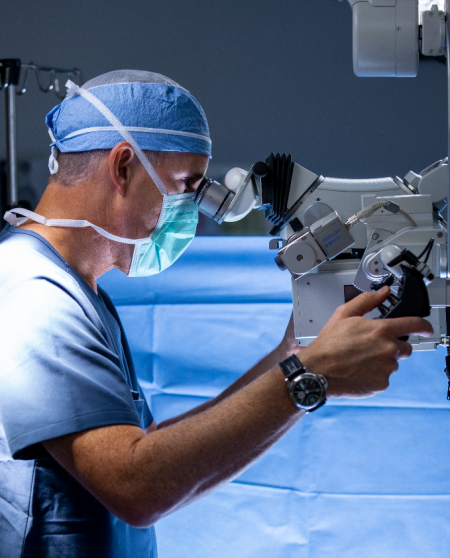
At Dr. Jeremy Smith, M.D., we help our arriving patients on the day of their surgery to feel optimistic, well-informed, and prepared, with the support of our staff and the resources provided here.
Your doctor will help you decide which treatment option is best suited for you. Once a treatment is selected, our staff will instruct you on what to expect from the surgery and how to actively participate in the treatment plan that follows surgery. It is important that you prepare mentally and physically for surgery – having a healthy positive outlook is important to all aspects of the procedure. Understanding the process, and your role in it will help you to recover more quickly and to have the most successful results.
In addition, your doctor will perform a variety of exams prior to surgery to make sure that you do not have any conditions that may interfere with the surgery or the outcomes.
Before surgery, your doctor will perform a complete physical examination to make sure you don’t have any conditions that could interfere with the surgery or the outcomes.
Routine tests, such as blood tests and X-rays, are usually performed a week before any major surgery.
Discuss any medications you are taking with your doctor and your family physician to see which ones you should stop taking before surgery.
Discuss with your doctor about options for preparing for potential blood replacement, includes donating your own blood, medical interventions and other treatments, prior to surgery.
If you are overweight, losing weight before surgery will help decrease the stress you place on your new joint. However, you should not diet during the month before your surgery.
If you are taking aspirin or anti-inflammatory medications or any drugs that increase the risk of bleeding, you will need to stop taking them one week before surgery to minimize bleeding.
If you smoke, you should stop or cut down to reduce your surgery risks and improve your recovery.
Have any tooth, gum, bladder or bowel problems treated before surgery to reduce the risk of infection later.
Eat a well-balanced diet, supplemented by a daily multivitamin with iron.
Report any infections to your surgeon. Surgery cannot be performed until all infections have cleared up.
Arrange for someone to help with everyday tasks like cooking, shopping and laundry.
Put items that you use often within easy reach before surgery, so you won’t have to reach and bend as often.
Make sure you have a stable chair with a firm seat cushion, a firm back and two arms.
The Open Payments database is a federal tool used to search payments made by drug and device companies to physicians and teaching hospitals. It can be found at openpaymentsdata.cms.gov.
“Dr. Smith is not only <em>extremely compassionate</em> and caring, but a <em>talented and skilled surgeon</em>. He performed my second cervical fusion and will now do a posterior cervical fusion. <em>I am truly grateful</em> to have been referred to him with all of the pain I’ve suffered. I am certain that working together we will find the pain relief I so desperately need. <em>Thank you Dr. Smith!</em>”
“Dr. Smith is not only <em>extremely compassionate</em> and caring, but a <em>talented and skilled surgeon</em>. He performed my second cervical fusion and will now do a posterior cervical fusion. <em>I am truly grateful</em> to have been referred to him with all of the pain I’ve suffered. I am certain that working together we will find the pain relief I so desperately need. <em>Thank you Dr. Smith!</em>”
“Dr. Smith is not only <em>extremely compassionate</em> and caring, but a <em>talented and skilled surgeon</em>. He performed my second cervical fusion and will now do a posterior cervical fusion. <em>I am truly grateful</em> to have been referred to him with all of the pain I’ve suffered. I am certain that working together we will find the pain relief I so desperately need. <em>Thank you Dr. Smith!</em>”
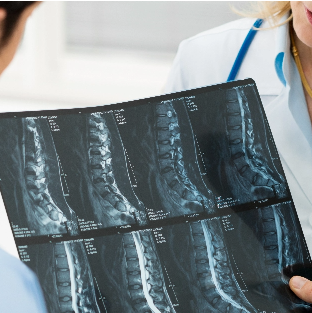

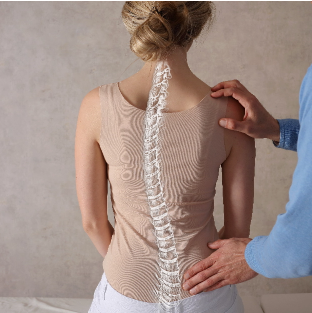



CATHERINE JOHNSON • LAGUNA BEACH, CA